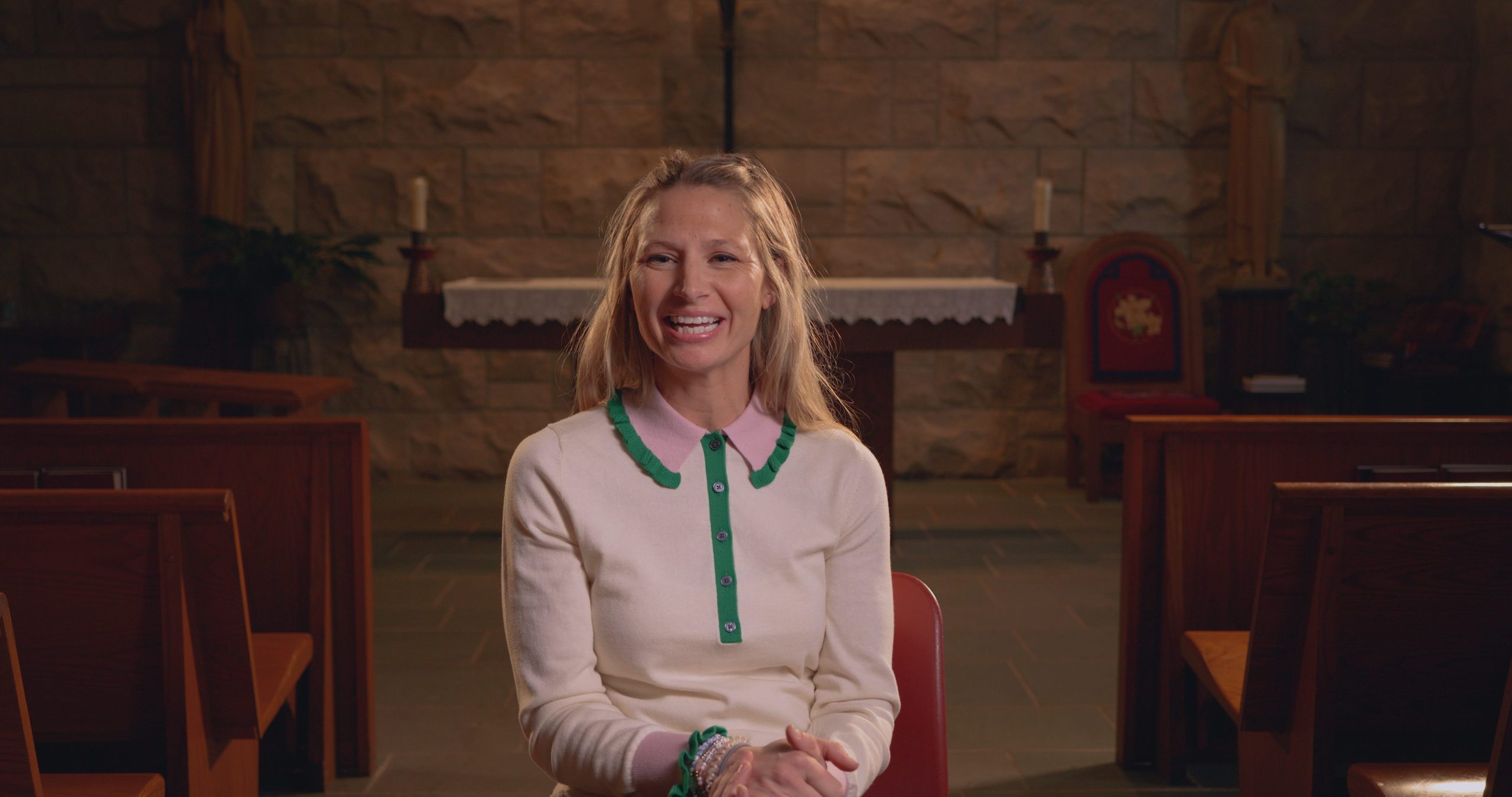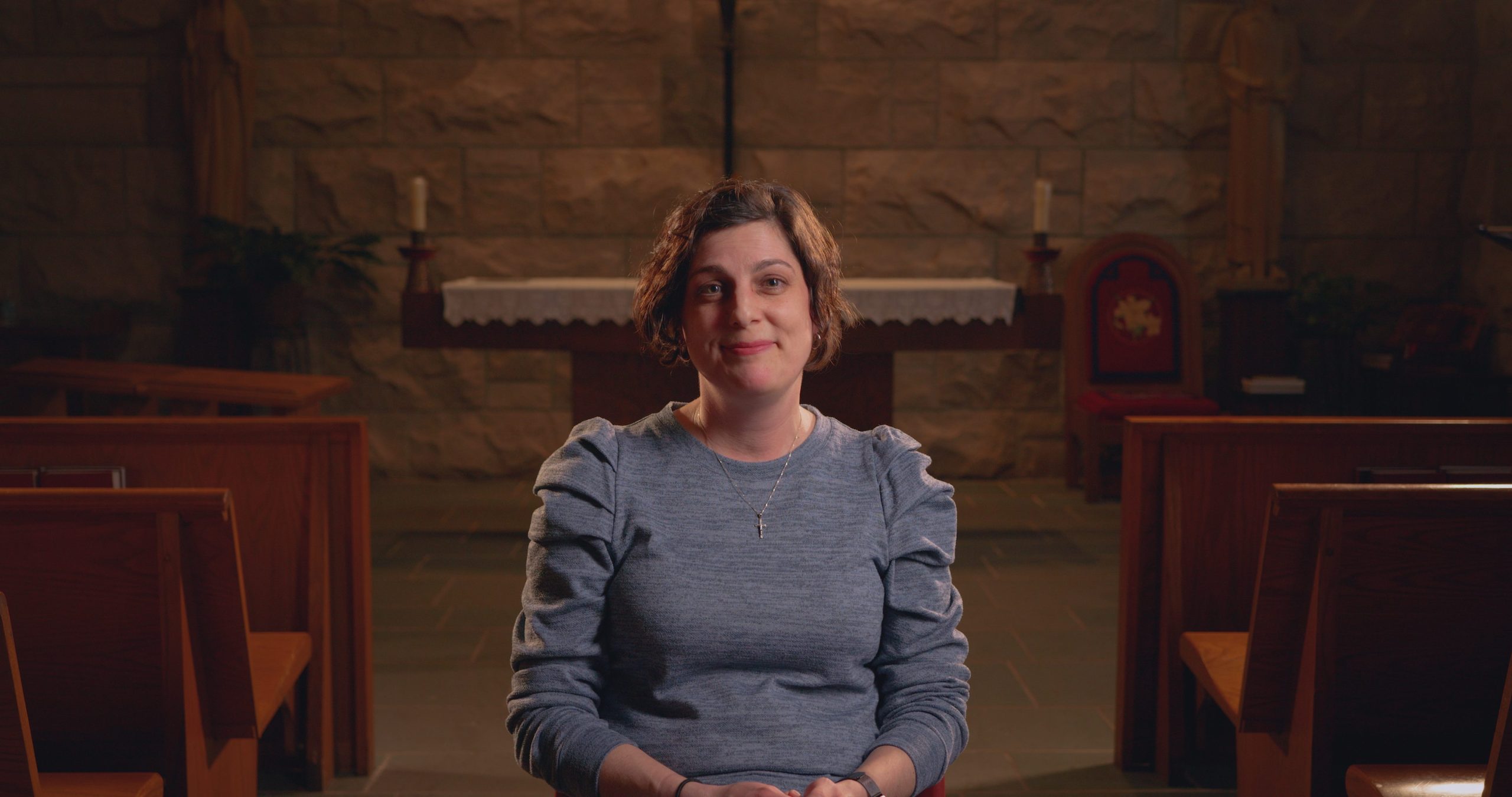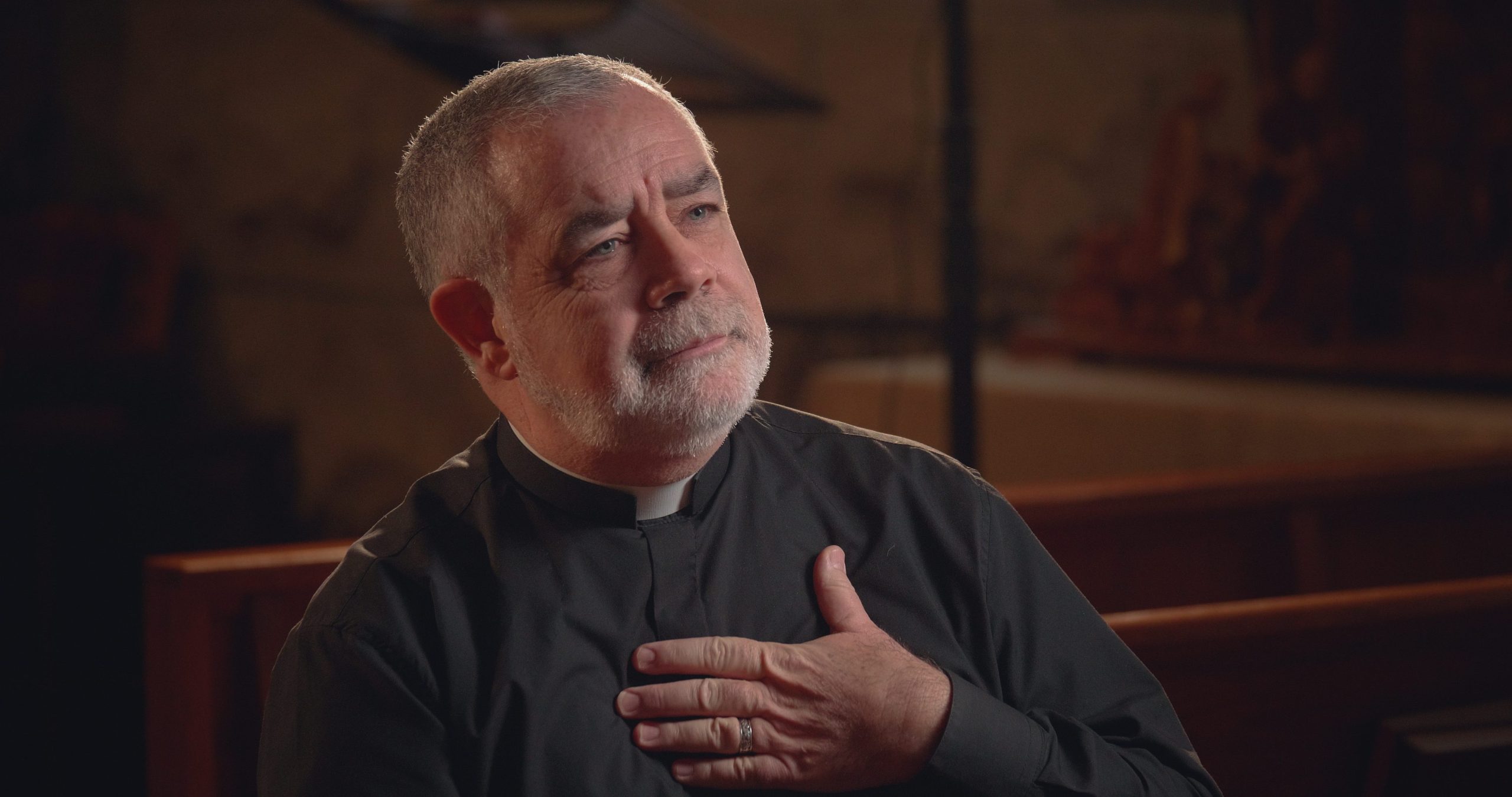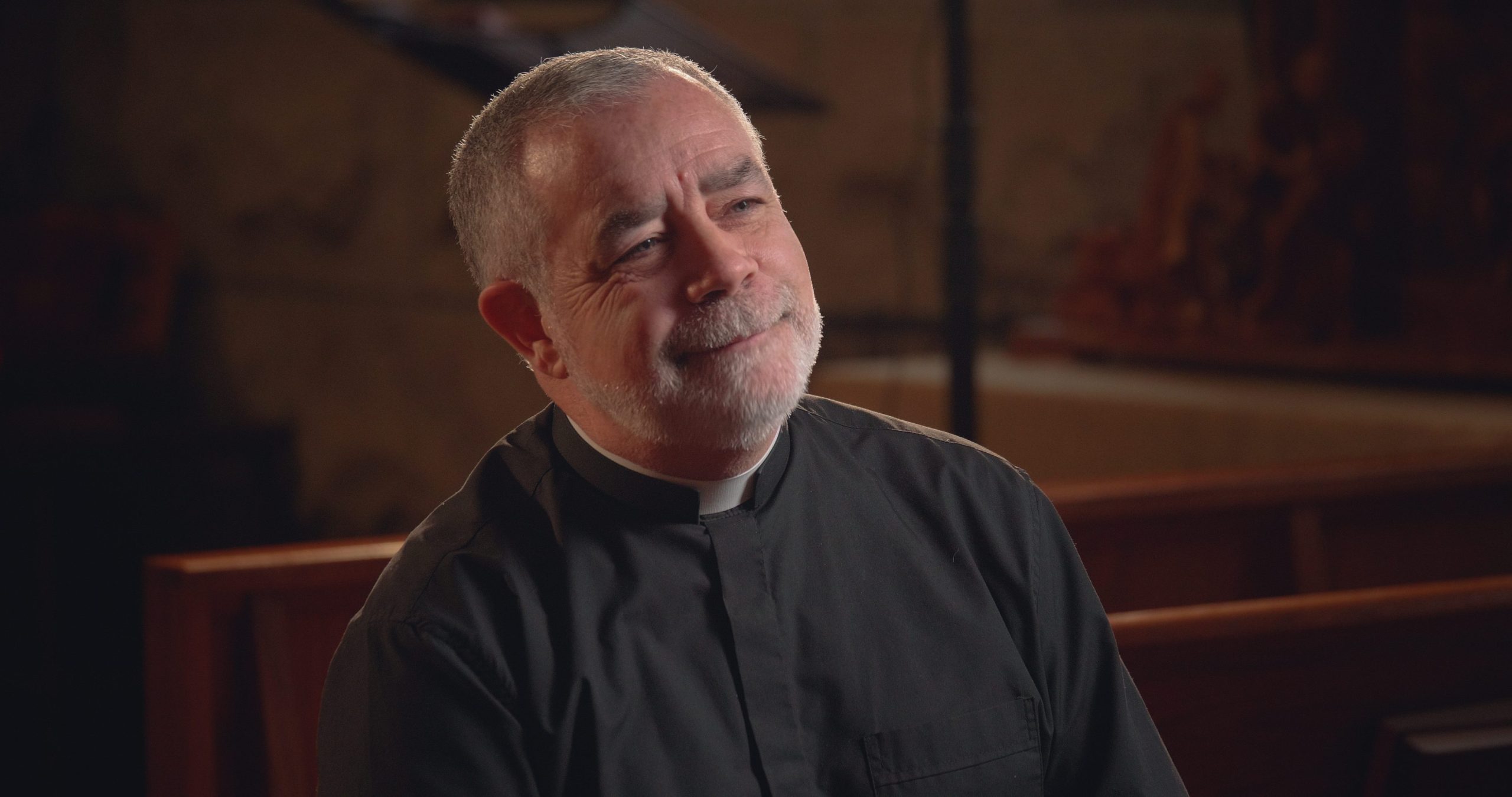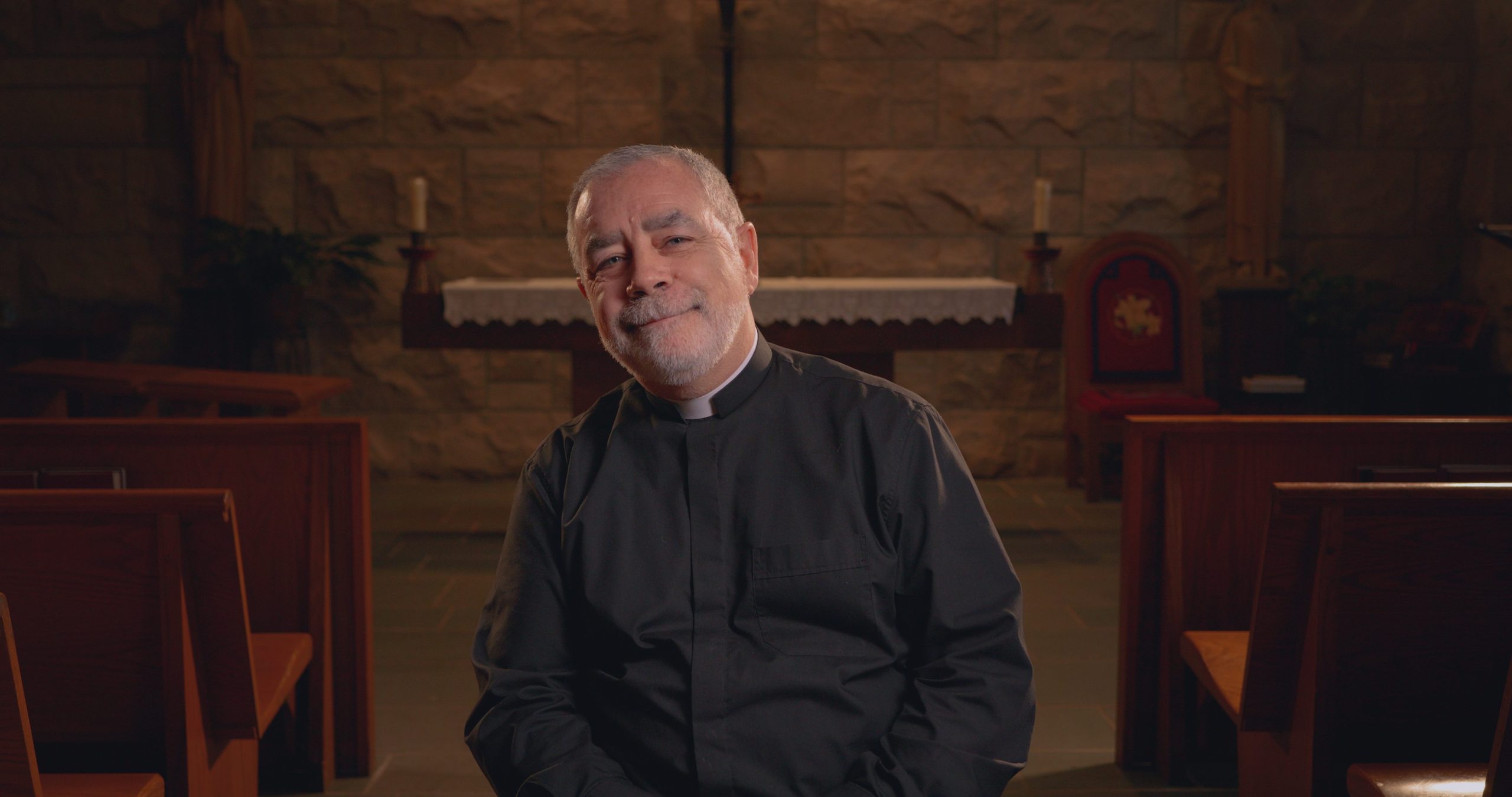
NOTHING WILL BE IMPOSSIBLE
Matthew 17:14-20
During COVID-19, Beth Kenney faced her third pregnancy after two miscarriages, finding hope in Father Dave Swantek’s online homily about a miraculous pregnancy…
COMMUNITY
St. Catherine of Sienna
Nicole Morgan invites us to experience the transformative power of shared spiritual growth through St. Luke’s women’s Bible study…
MERCY
Matthew 6:14-15
After more than 31 years of priesthood, Father Joseph Moriarty shares his profound insights on the transformative power of forgiveness…
FORGIVENESS
Hebrews 4:16
Father Joseph Moriarty invites us to recognize mercy as God’s defining characteristic, the very essence of God, as mercy serves as both sanctuary and invitation…
SACRIFICE
Romans 12:1
Father Joe Moriarty’s early faith experiences were largely rooted in family obligation, but something deeper stirred within him as he witnessed the mystery and joy in priestly ministry…
CATECHESIS OF THE GOOD SHEPHERD
Matthew 19:14
As director of Catechesis of the Good Shepherd at St. Luke, Annie Spilbeler transformed her teaching journey after completing a 90-hour course…
GOD IS WITH YOU
Joshua 1:9
After teaching in public schools, Justin Scott found his true calling at St. Luke Catholic School, where he has spent 15 years nurturing both the academic and spiritual growth of his students…
GO INTO ALL THE WORLD
Mark 16:15
Nick and Grace Rivelli see vibrant growth and a strong sense of community among young adult Catholics in Indianapolis. However, they also note the challenges of reaching young adults…
HAVE LIFE BECAUSE OF ME
John 6:57
When the Solito family joined St. Luke Parish in 2001, they embraced the call to serve—a decision that deepened both their faith and family bonds as they discovered the transformative power…
NEW THINGS HAVE COME
Corinthians 5:17
Mark Garza describes his painful realignment with God after a period of not being, in his words, “a good man, let alone a good husband.” His wife’s prayers and devotion to the Virgin Mary…
FAITH THROUGH FELLOWSHIP
Ephesians 4:32
Nearly a decade ago, a men’s morning retreat group emerged at St. Luke’s parish, inspired by similar faith-based gatherings at other churches. Scott Tod took the initiative to establish the group himself…
FAITH AND VALUE FORMATION
Luke 18:16
Enrolling her son, Niko, at St. Luke Catholic School set in motion a transition for Brie Zamudio and her family. As a public school teacher and Lutheran, Zamudio was impressed by the warm community…
YOUTH MINISTRY
Proverbs 8:17
Bishop Chatard senior Nick Belby recounts his experiences during a transformational trip to the National Catholic Youth Conference (NCYC)…
CATECHESIS TO YOUTH
Colossians 3:16
In discussing St. Luke’s and SMRE (Sunday Morning Religious Education), Matt Behringer emphasizes the significance of community support, the vital role in helping children understand…
PERPETUAL ADORATION
Revelation 3:20
Andy Bauer reflects on his initiation into the practice of Eucharistic Adoration, which is time spent adoring the true presence of Christ in the Eucharist. For Andy, this journey began with his involvement…
CHRISTIAN SOCIAL ACTION
Matthew 25:40
Bill Spangler talks about his involvement with underprivileged and marginalized individuals through the Christian Social Action Commission….
INTRODUCTION
Msgr. Joseph F. Schaedel explains the ideas behind the campaign.

